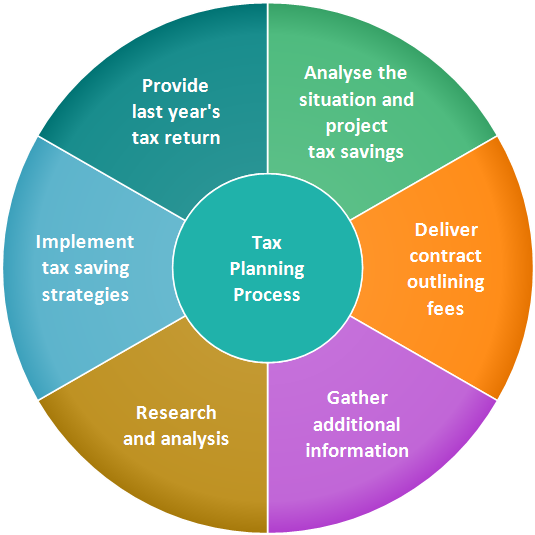Tax Planning
What is Tax Planning ?
Taxes can eat into your annual earnings. To counter this, tax planning is a legitimate way of reducing your tax liabilities in any given financial year. It helps you utilise the tax exemptions, deductions, and benefits offered by the authorities in the best possible way to minimise your liability.
The definition of tax planning is quite simple. It is the analysis of one’s financial situation from the tax efficiency point-of-view

Objectives of Tax Planning
Tax planning is a focal part of financial planning. It ensures savings on taxes while simultaneously conforming to the legal obligations and requirements of the Income Tax Act, 1961. The primary concept of tax planning is to save money and mitigate one’s tax burden. However, this is not its sole objectiveAdvantages of tax planning:
- To minimise litigation: To litigate is to resolve tax disputes with local, federal, state, or foreign tax authorities. There is often friction between tax collectors and taxpayers as the former attempts to extract the maximum amount possible while the latter desires to keep their tax liability to a minimum. Minimising litigation saves the taxpayer from legal liabilities.
- To reduce tax liabilities: Every taxpayer wishes to reduce their tax burden and save money for their future. You can reduce your payable tax by arranging your investments within the various benefits offered under the Income Tax Act, 1961. The Act offers many tax planning investment schemes that can significantly reduce your tax liability.
- To ensure economic stability: Taxpayers’ money is devoted to the betterment of the country. Effective tax planning and management provide a healthy inflow of white money that results in the sound progress of the economy. This benefits both the citizens and the economy.
- To leverage productivity: One of the core tax planning objectives is channelising funds from taxable sources to different income-generating plans. This ensures optimal utilisation of funds for productive causes.
